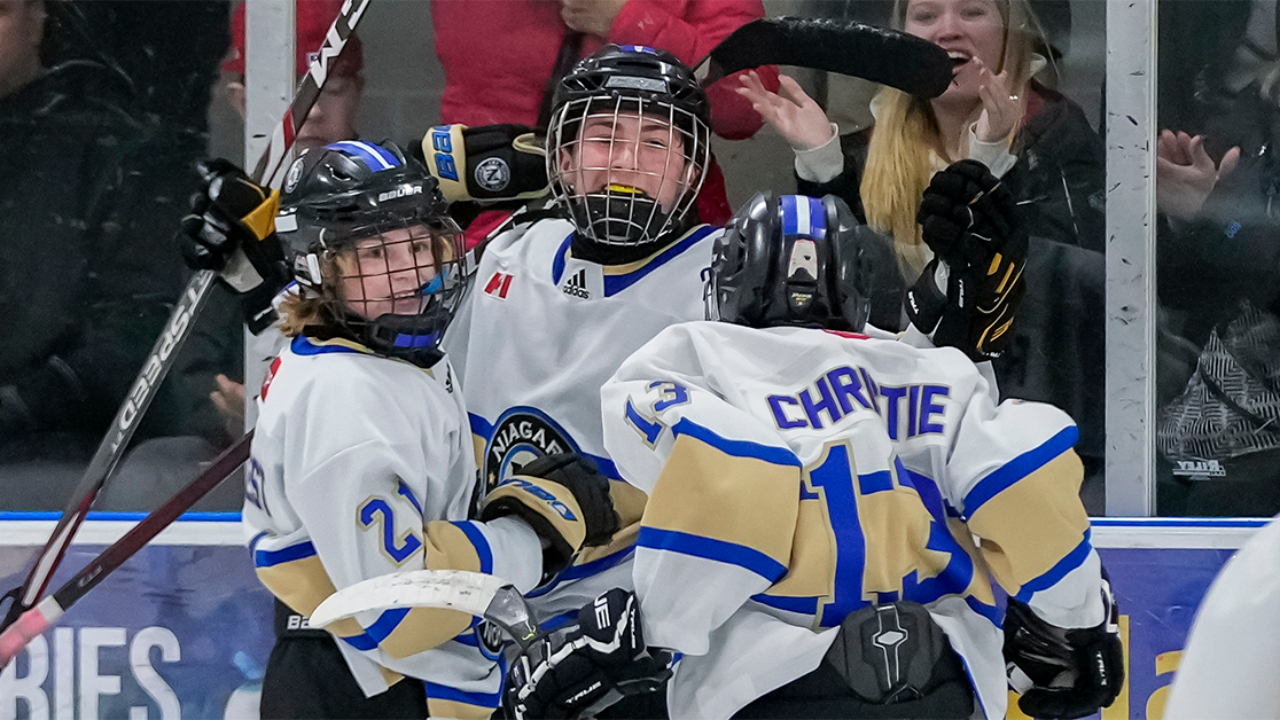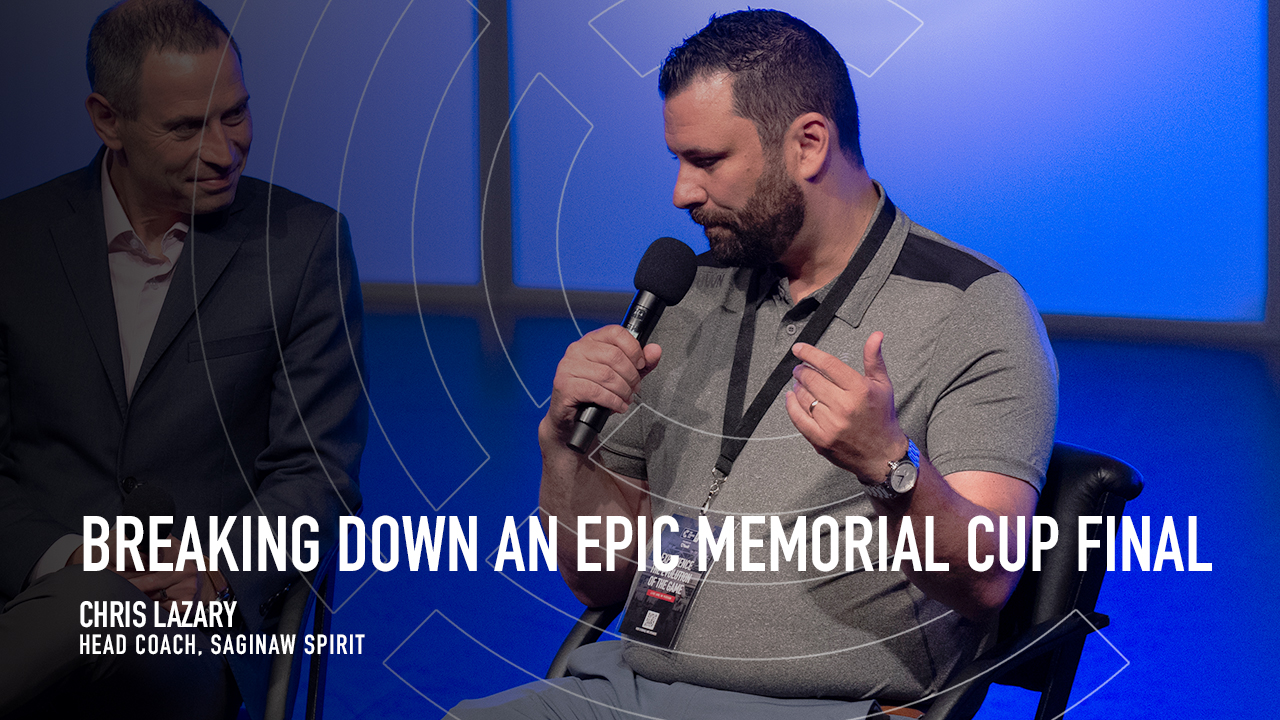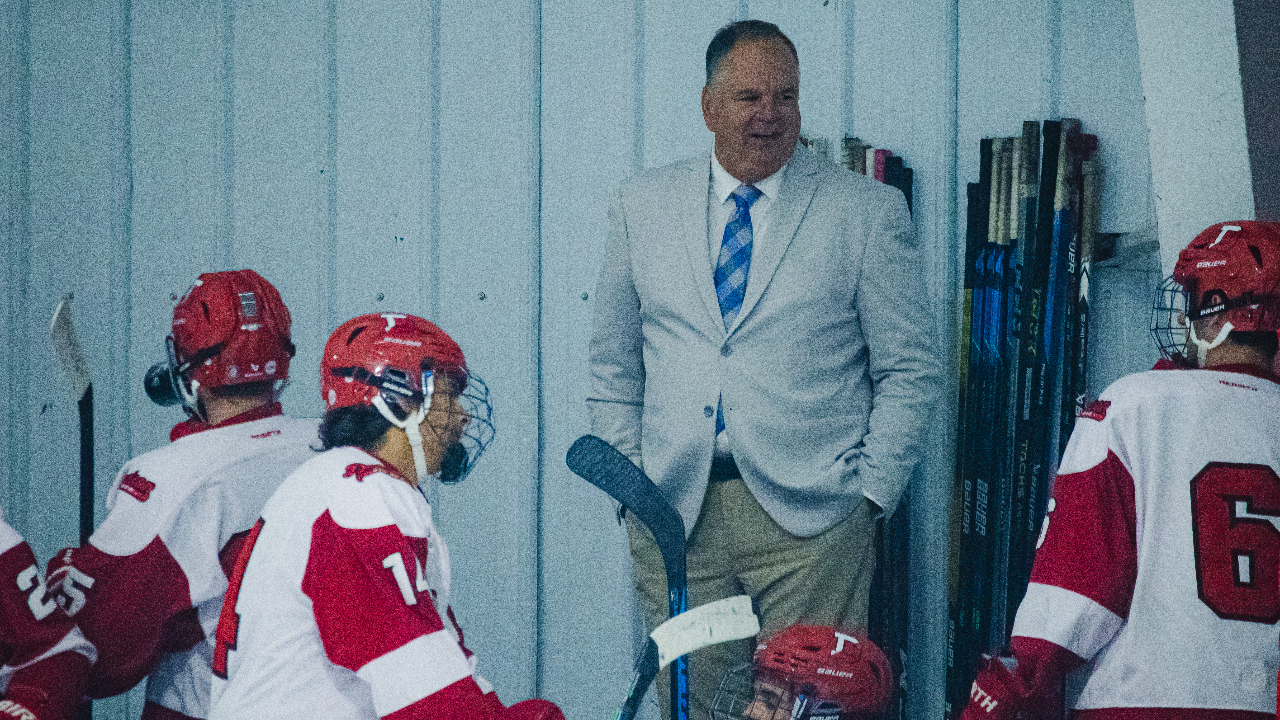Jon Morosi, a long-time broadcaster for MLB and the NHL, brought a unique perspective to TCS Live in 2025: coaches are always communicating, and mastering that communication can define their impact. From press conferences to interactions with players, parents, and ownership, how a coach speaks matters as much as what they teach on the ice. If you've watched the MLB Netork at any time since 2016, you've probably seen Morosi's positive, energetic demeanour.
In Ann Arbor, Morosi emphasized that coaches face multiple audiences simultaneously. This includes media, management, fans, and players. Too often, coaches fall back on clichés that say little while leaving the story untold. His goal: help coaches communicate clearly, authentically, and effectively.
He illustrated this with a season-ending press conference from Rick Tocchet, who was the Head Coach of the Vancouver Canucks at the time. Tocchet was asked about his future, and rather than getting defensive, he was honest, prepared, and empathetic, predicting follow-up questions and connecting with everyone in the room. Today, Tocchet brings that same credibility to the Philadelphia Flyers. Morosi called him a coach everyone can emulate: a leader who sets the tone and temperature of the organization.
“We are in a world where how it looks and sounds often matters more than how it reads on a printed page.”
Morosi also highlighted an interview with Bob Motzko, Head Coach of the University of Minnesota Golden Gophers, handling a tough loss. A few carefully chosen words communicated frustration and accountability while maintaining respect and composure. It's an opportunity to demonstrate leadership that players notice and appreciate.
Morosi encouraged coaches to inject personality and storytelling into their interactions, citing Carolina's Paul Maurice and Tampa Bay's Jon Cooper as examples. Humor, honesty, and calmness go a long way in diffusing tense situations and building trust.
Practical tips he shared:
-
Learn the names of reporters and players - using someone’s name demonstrates respect and attention.
-
Take a breath before responding, especially after a tough loss. Command the room and the situation.
-
Remember to smile - coaching is still a game, and players notice when you show joy.
Coaching Challenge: After your next press conference or difficult team conversation with a parent, identify one way to communicate more authentically—whether it’s using a player’s name, a parent's name, telling a story, or showing calm confidence under pressure. Notice how it changes the room and your team’s response in the days to come.
Noteworthy timestamps:
- 0:00 Communication and cliches
- 3:15 Tocchet: Candor and anticipation
- 6:30 Motzko: When few words say plenty
- 9:00 Maurice: Storytelling
- 13:40 Cooper: There is smiling in hockey



















